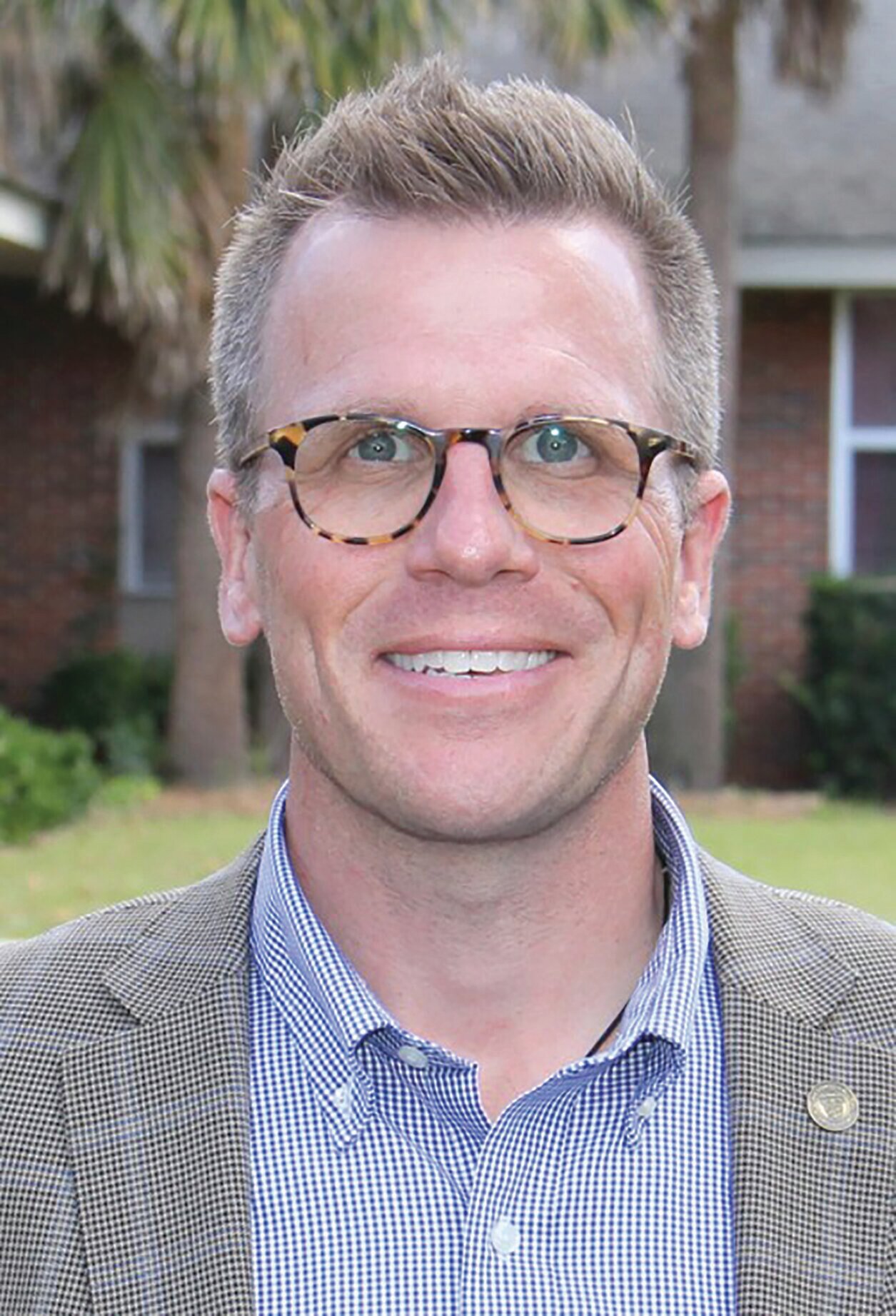Column by Wilson Hall Head of School Brent Kaneft: Because of what we know of the brain, we can be mindful of how we welcome others
Our brains have a singular purpose - to keep us alive.
Neural processes in our brain scan our environments for "features that are safe, dangerous and life threatening," an unconscious action psychologist and neuroscientist Stephen Porges has called neuroception. This constant scanning for threats developed a negativity bias in humans, which means we pay more attention to negative thoughts, emotions and social interactions than positive ones. Just think about it, when hunters on the savanna plains of Africa sensed danger (e.g., that looks suspiciously like a lion waiting in tall grass) and retreated, they survived a little longer, even if there was no lion. Paying attention to negative features paid off in a real way.
In modern society, we are less worried about immediate physical threats, yet our negativity bias remains, which is the reason fatalistic news and cynical social media posts hold our attention. What was once a wholly useful feature can now, in a more advanced world, become a bug. Today, "threats," not lions, often lay hidden in the long grass of social interactions: Will I be accepted at this new church? Will I know anyone at this party? Will my peers think I'm stupid if I give the wrong answer? What if I give my best effort and it's not good enough - will my friends laugh at me?
So preachers, party hosts and educators, take note.
If our parishioners, guests and students are always scanning for threats and their brains bend toward negativity, then it is our job to provide "cues of safety." Our goal is to "cue" people's parasympathetic nervous system (i.e., "rest and digest") and avoid engaging their sympathetic nervous system (i.e., "flight, fight, freeze"). We cannot remove every threat, nor would we want to, but we can explicitly assist in this process.
For example, Jesus began with love. Leading with judgment would likely have scared sinners off or created a conflict. Good party hosts expertly guide guests to people they already know or people they are likely to enjoy (we've all experienced how our bodies relax once we've connected with someone we know at a big party). And expert educators lead with relationship first. They get to know their students, they set behavioral expectations for the classroom (to manage peer interactions and avoid threats like bullying), and then, when their students feel safe to take risks, they stretch their cognitive, artistic and athletic abilities. Without psychological safety, students can't reach their full potential.
The easiest way to get this right is to keep a "beginner's mindset." What would I have appreciated when I walked through the door of that church, country club or classroom for the first time? What did I want to know? What made me feel comfortable? What I love about this work in mind, brain and education research is how it helps us be more compassionate toward and responsive to the actual experience of others. Because we understand that our brains skew negatively, we can be mindful of and intentional with how we welcome others into new spaces.
Brent Kaneft is head of school at Wilson Hall.
More Articles to Read

